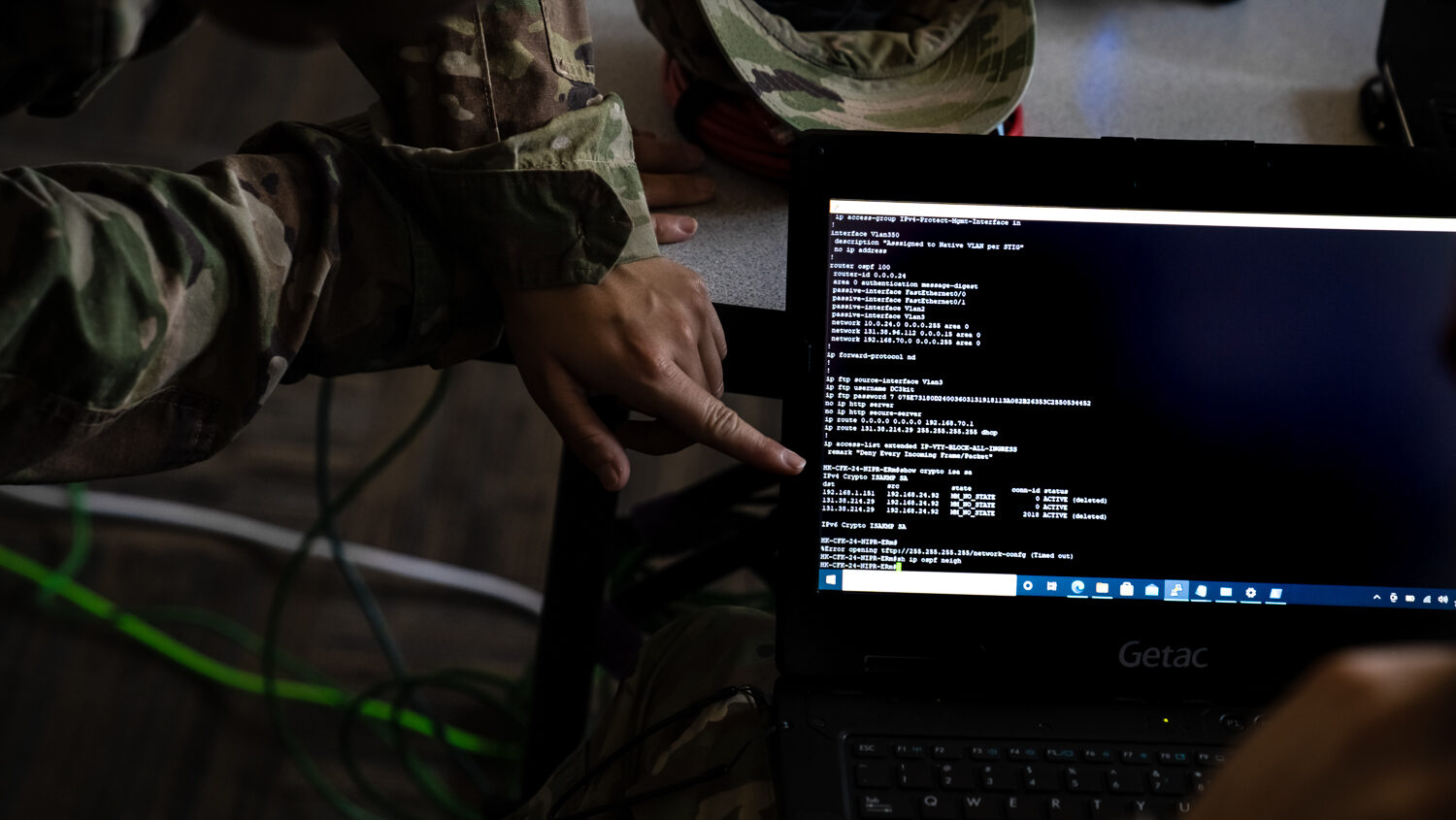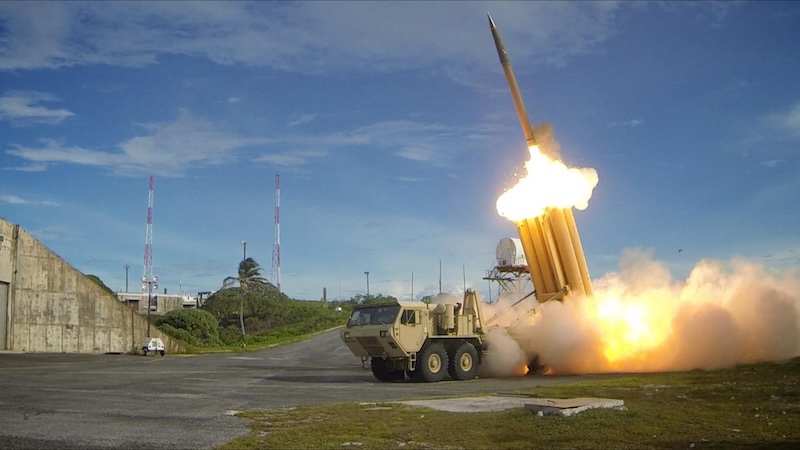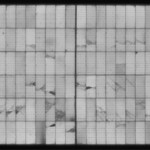Commercial ISR satellite operators petition Congress to reverse NRO cuts
The June 16 letter asserts that the cuts will undercut the Pentagon’s Golden Dome plan to create an air and missile defense shield over the US homeland.


A satellite photo provided by Planet and marked up by the James Martin Center for Nonproliferation Studies show details of radars around the Natanz nuclear plant in Iran. (Courtesy James Martin Center for Nonproliferation Studies)
WASHINGTON — A group of six key US providers of intelligence, surveillance and reconnaissance (ISR) data from space are asking Congress to reverse cuts in the National Reconnaissance Office’s (NRO) fiscal 2026 budget request for commercial acquisition.
“Congress strongly supports the prioritized adoption of private capabilities that meet national security needs. … Yet, the FY26 budget request entirely removes funding for a Commercial Synthetic Aperture Radar (COMSAR) program, makes significant reductions to the Electro-Optical Commercial Layer (EOCL) program, and disregards funding for future Commercial Radio Frequency (RF) acquisitions at scale,” states the June 16 letter to the leaders of the House and Senate Appropriations, Armed Services and Intelligence committees.
Signatories include: BlackSky, Maxar and Planet Labs, the three providers of electro-optical Earth imagery to the NRO; ICEYE US and Capella Space, two of the three SAR-sat operators providing NRO data under study contracts; and Norwegian firm KSAT’s US arm, which provides ground stations and Earth observation services.
The letter — which coyly never mentions NRO, only the names of the spy satellite agency’s commercial programs as NRO’s budget is classified — stresses that unclassified imagery provided under those contracts goes to US combatant commands around the world, as well as allied militaries.
The companies argue that chopping NRO funding will undercut President Donald Trump’s plans to create a Golden Dome air and missile defense shield over the US homeland, stall the Space Force’s initiative to create a Commercial Augmentation Space Reserve and “derail” US leadership in the development of artificial intelligence.
Further, the letter asserts that the funding cuts would “cede space industry leadership to China, whose state-backed enterprises are accelerating rapidly. … The decision to abandon America’s vetted and reliable commercial remote sensing capabilities, while adversaries China, Russia and Iran rapidly expand their state-backed Earth observation infrastructure is ironic, shortsighted, and perilous.”
Noting congressional mandates requiring the Defense Department increase its use of commercial capabilities in previous versions of the National Defense Authorization Act, the companies urge the committee leaders to step in to ensure that “commercial remote sensing capabilities receive stable, sustained funding in FY26 and beyond as informed by defense, civil, and intelligence requirements.”















































































![The sights of the Paris Air Show Day 2 [PHOTOS]](https://breakingdefense.com/wp-content/uploads/sites/3/2025/06/IMG_1837-scaled-e1750181568851.jpg?#)
![An FCAS fracas and Embraer’s European embrace: Paris Air Show Day 2 [Video]](https://breakingdefense.com/wp-content/uploads/sites/3/2025/06/IMG_3682-e1750159767304.jpg?#)













![[Updated] U.S. Air Force Mobilizes F-22s and F-35s as Situation in Middle East Escalates](https://theaviationist.com/wp-content/uploads/2025/06/F-22_F-35_CENTCOM-top.jpg)










































